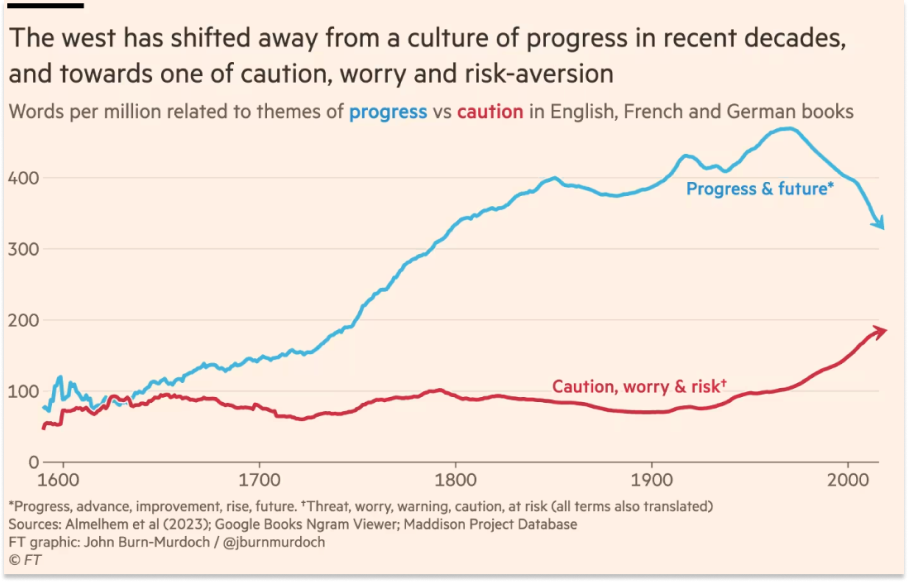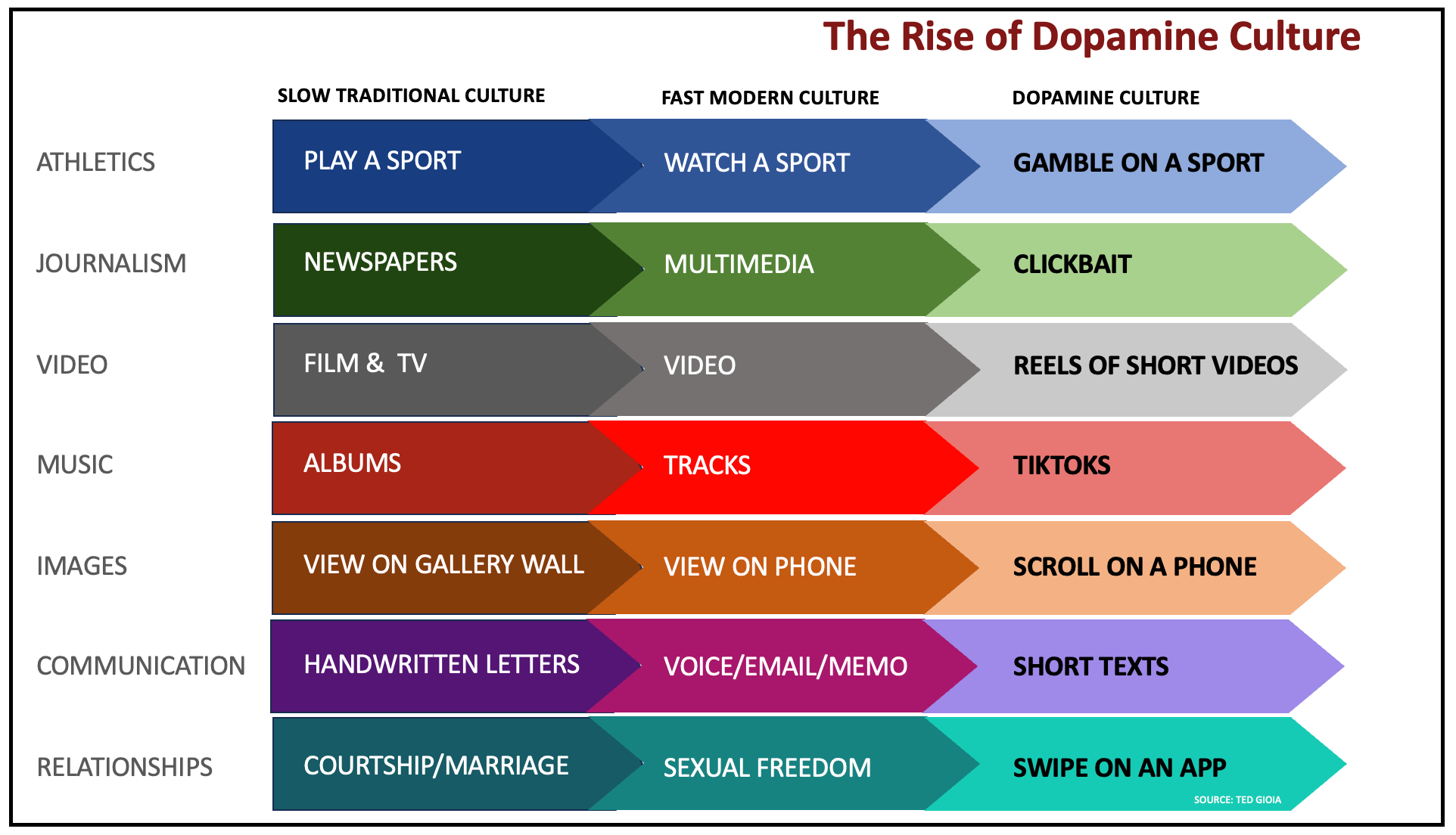- What makes super-effective people super-effective? Either individually or collectively. If you take the outliers in any domain, what should our intuitions be for understanding the underlying processes determining how many people could have ended up in those positions? How many people had the right genes but had the wrong upbringing? How many people had the right genes and the right upbringing but the wrong luck, or perhaps society failed them in some other manner? The answers to these questions have significant policy implications.
- What does a good life look like? What does happiness look like, regardless of external factors?
- Where does motivation come from? There are periods of my life and specific tasks that drive my motivation more strongly than others. Why? How can I induce this state? Is periodic motivation a phenomena, or can motivation be trained? How much of this can be attributed to nature and the nurture debate?
- What’s the best form of education? A traditional college education is the status-quo, but education has an increasingly transactional attitude, thus promoting cheating and shallow studies over deeper, self-motivated immersion. Interestingly, college is one of the few products whose consumers try to get “as little out of it as possible” since its market value is tied to credentials and prestige, not learning. Therefore, cheating is a rational choice for most students. Few students gain more from learning than the credential a college degree may provide. How can we solve this problem and what does the future of education look like with the rise of both personalized general intelligence and the faster spread of misinformation? How can we solve the declining quality of education (eg: grade inflation, easier courses, and the push for educational “equality”). In fact, 7 of the best 25 universities in the world were started in the US between 1861 and 1891 by ambitious reformers. It’s probably harder to start an impactful new university today, but it’s likely not impossible. What would a new visionary college look like?

- What’s driving the world towards pessimism? GenZs seem to be incredibly pessimistic. What’s causing this shift to caution, worry, and risk that even WW2 didn’t cause?

- How does the rise of “Dopamine Culture” affect our future? Increasingly, we tend towards high-quantity, low-quality versions of traditional culture. And in some cases, entertainment has been replaced by digitally mediated distractions (timepassers). What are people seeking when they scroll? Connection? Community? Fewer people now play a sport while sport gambling has exploded in popularity. Communication has shifted from handwritten letters to short texts. While it is convenient, how does that impact the quality of American culture, where everything is optimized for addiction over connection?

- How will the decline of human connection affect health and longevity? Since the invention of the smartphone, there has been a severe decline in friendship – and in lockstep, a rise in loneliness that is fostering generational anxiety and dissatisfaction (perhaps related with GenZ pessimism?) For example, the amount of people with 10+ close friends dropped from 40 to 15%. Interestingly, mental health among teenagers have also significantly worsened. American extroversion has been replaced by American introversion. Face to face socializing, across all ages and race, have decreased (45% of teenagers hang out less). Teenage depression and hopelessness are setting new annual records every year, while a CDC report highlighted that the number of girls who’ve contemplated suicide increased 50%. Across all generations and age groups, America’s community infrastructure is declining. For children, it is no longer the sports fields. For teenagers, it is no longer the malls. For adults, it is no longer the office. With fewer community-based events, we choose loneliness through technology instead (perhaps related with the Dopamine Culture?) The Harvard Study of Adult Development found that good relationships profoundly impact happiness. I wonder what will happen in the next 10 years when everyone’s good relationships has crumbled to nothingness.
- What will be possible with infinite energy? As nuclear fusion research sets new records at an increasing pace, it’s time to envision what humanity can do with virtually infinite energy. According to the Kardashev scale, Earth is at Type I. What does it take to get into Type II? Type III? How long?
- Why does the best breakthroughs come from a root of joy and excitement? The best education, the flourishing of creativity, and the generational breakthroughs typically come from work that feels like play. Why is that? Famously, physicists Albert Einstein and Richard Feynman made their most important breakthroughs as a result of engaging in “fun” work.


